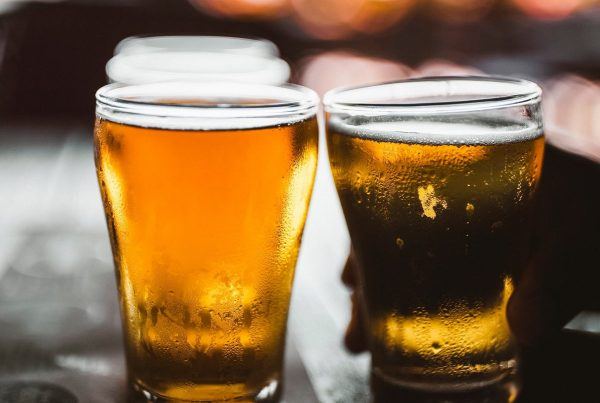Anxiety is the human reaction to stress and it’s no secret that 2020 has been somewhat of a stressful year. All of us have been thrown for a loop this year and have had to come to terms with ‘the new normal’. A large part of this ‘new normal’ is mask-wearing. It seems that whether we like it or not, mask-wearing and social distancing is here to stay (at least for a while).
COULD YOUR MASK BE CAUSING ANXIETY?
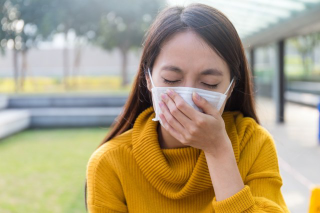
face mask | Longevity LIVE
Masks can be problematic, not only do they cause a wide range of skin conditions (maskne) but they can also, unfortunately, be the cause of panic attacks. For the average person, wearing a face-covering might not be comfortable but it’s also unlikely to feel like a big deal. According to Mind, If however, you struggle with anxiety, wearing a mask that covers both your mouth and nose can affect the air you breathe and leave you feeling panicked and anxious. This can leave you feeling dizzy, nauseous, and disoriented and can lead to feelings of dread in situations when you have to wear your mask. For the anxious mind, a mask is also a visual signifier of the virus itself which can trigger a fight or flight response.
THE ANSWER IS EXERCISE
So in an anxious year, what can you do to help your mental health and relieve some anxiety? Unsurprisingly, the answer comes in the form of exercise. And this exercise really doesn’t have to be complicated. It’s most important to get your body moving and as little as 10 minutes a day can really help to relieve stress and elevate your mood. Katharina Star Ph.D., says that often the psychological benefits of exercise are overlooked. The CDC recommends exercise as a way of dealing with the pandemic. Star remarks that people perceive exercise as being good for the body but not necessarily for the mind. But exercise is vital when it comes to your mental health and wellness.
According to ‘VeryWellMind’, many mental health professionals prescribe exercise as a treatment for a wide variety of mental health issues including depression and anxiety. Exercise can relieve symptoms of depression such as “fatigue, tension, anger, and reduced vigor.”. For PTSD, panic disorder, and other anxiety disorders, exercise can “release pent-up tension and reduce feelings of fear and worry”. It can even decrease the “intensity and frequency” of panic attacks.
HOW DOES IT HELP?
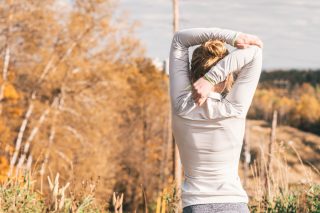
stretching | Longevity LIVE
Essentially, exercise decreases the ‘stress’ hormones like cortisol and releases the ‘feel-good’ endorphins, which instantly makes you feel better and relieve stress. Exercise and physical activity can also be used as a distraction from “negative thoughts and feelings”. Essentially, it allows the mind to think only of physical endurance. This means that other problems and negative thoughts fade while the body focuses on physical exertion. Improving your wellbeing overall can also boost immunity, which is a good thing when Covid-19 is around. Therapist Sally R Connolly reminds us that exercise doesn’t cure anxiety or depression, it simply aids in relieving the symptoms. If you are struggling with severe depression or anxiety, please see a doctor.
WHAT KIND OF EXERCISE SHOULD I DO?
Any kind of aerobic exercise will help. This includes things like running, jogging, swimming, and dancing. The most important thing, therapist Sally R Connolly remarks, is to get your heart rate up. Also on the recommended list, even though they aren’t ‘aerobic’ exercise is yoga. The reason yoga works are that it combines physical movement with meditation and deep breathing which can “calm the mind and alleviate worry”. Weight training, although great for the body, doesn’t seem to offer as much relief from the symptoms of anxiety.
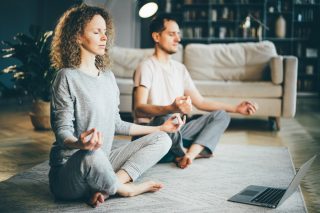
Mariia Korneeva/Shutterstock
The takeaway here is that exercise is important for both the mind and body. It doesn’t really matter how much exercise you do, even just getting outside for a brisk morning walk will help as long as it raises your heart rate. We’ve all been stuck inside for a large portion of this year. So the best option is to get outside, take your dog for a walk, or go for a jog. Even dancing in your living room to your favorite music will help. Whatever you do, make sure it makes you feel good!
References
CDC. 2020. Coping with Stress. [Online] Available at: https://www.cdc.gov/coronavirus/2019-ncov/daily-life-coping/managing-stress-anxiety.html
Healthline. 2020. Anxiety Exercises to Help You Relax. [Online] Available at: https://www.healthline.com/health/anxiety-exercises#breathe
Mind. 2020. Mask anxiety, face coverings, and mental health. [Online] Available at: https://www.mind.org.uk/information-support/coronavirus/mask-anxiety-face-coverings-and-mental-health/#TipsForCopingWithMasksAndFaceCoverings
Rodriguez, D. 2009. How Exercise Eases Anxiety. [Online] Available at: https://www.everydayhealth.com/anxiety/anxiety-and-exercise.aspx
Star, K. 2019. How Physical Exercise Benefits Mental Health. [Online] Available at: https://www.verywellmind.com/physical-exercise-for-panic-disorder-and-anxiety-2584094


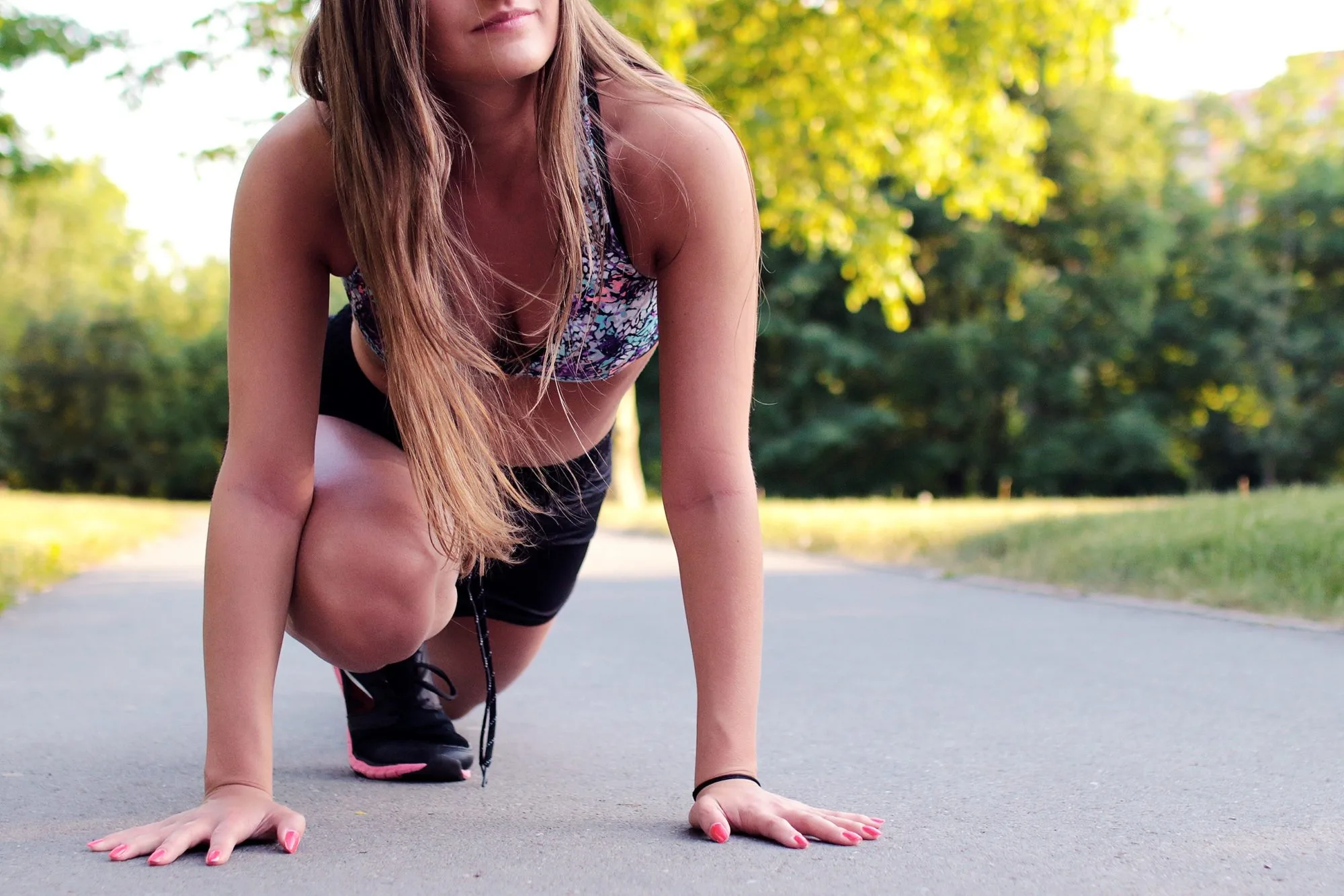
![women [longevity live]](https://longevitylive.com/wp-content/uploads/2020/01/photo-of-women-walking-down-the-street-1116984-100x100.jpg)





